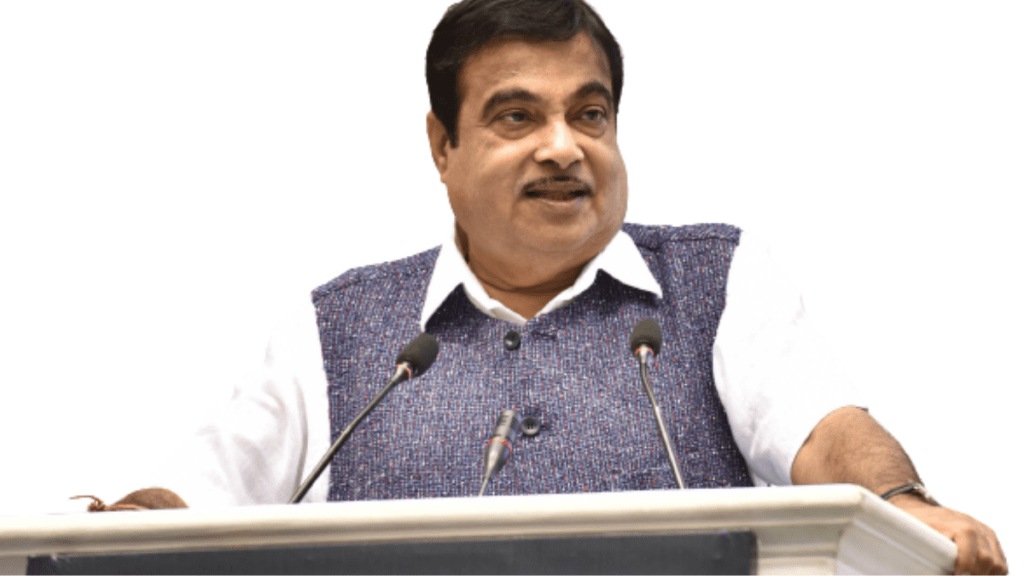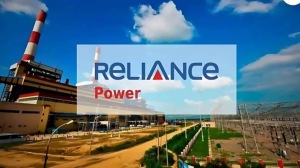In a written reply to the Lok Sabha, Union Minister for Road Transport and Highways, Nitin Gadkari, emphasized that the government will not intervene in determining the fair price of scrapped vehicles, which will instead be decided by market forces based on the condition of the vehicle. The minister clarified that Reserve Vehicle Scrapping Facility (RVSF) units, established as private entities, are responsible for evaluating and setting the price for scrapping vehicles.
Incentives for Vehicle Owners and Financial Relief
Addressing concerns on compensation for vehicle owners, Gadkari noted that while government vehicles have a reserve price set by the Ministry of Steel, the scrap value for private vehicles will continue to be market-driven.
To ease the financial burden on citizens, especially low-income groups, the government is providing various incentives for vehicle scrapping. Among the incentives, a “Certificate of Deposit” issued upon vehicle scrapping allows vehicle owners to waive registration fees for new vehicles. Additionally, owners can avail of a concession on motor vehicle taxes—up to 25% for private vehicles and 15% for commercial vehicles—when purchasing a new vehicle. These tax concessions will be available for up to eight years for transport vehicles and fifteen years for non-transport vehicles.
Gadkari also highlighted the government’s renewed efforts to address end-of-life vehicles (ELVs) in the National Capital Region (NCR). Since the Transport Department of the Government of National Capital Territory of Delhi (GNCTD) resumed its crackdown on ELVs on October 11, 2024, a total of 2,445 vehicles have been impounded. The initiative targets vehicles exceeding their permissible age limits—10 years for diesel vehicles and 15 years for petrol vehicles.
In alignment with India’s sustainability goals, the government is promoting the adoption of electric vehicles (EVs) through the PM Electric Drive Revolution in Innovative Vehicle Enhancement (PM E-DRIVE) scheme. With a budget of Rs 10,900 crore, the scheme aims to incentivize EV adoption and support the development of charging infrastructure across the country.
Furthermore, the vehicle scrappage policy incorporates guidelines to ensure environmentally responsible disposal of vehicle parts. This will include compliance with Central Pollution Control Board (CPCB) standards to minimize environmental harm.








